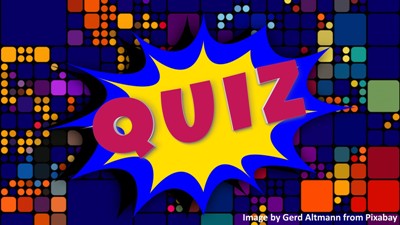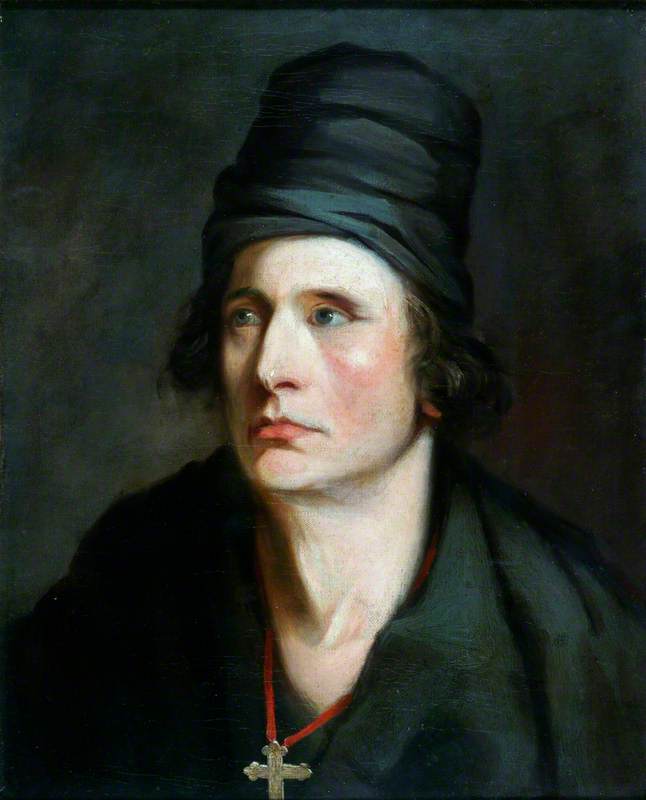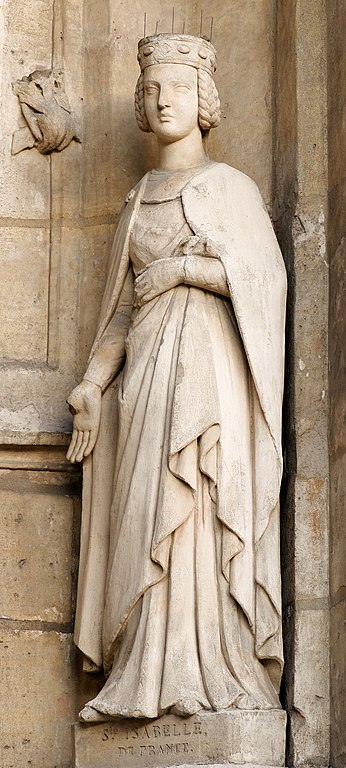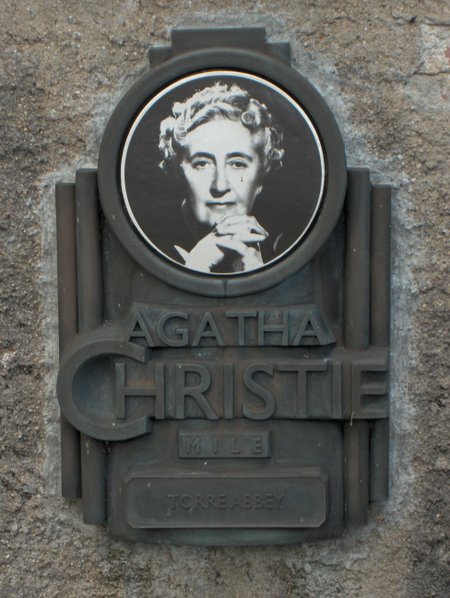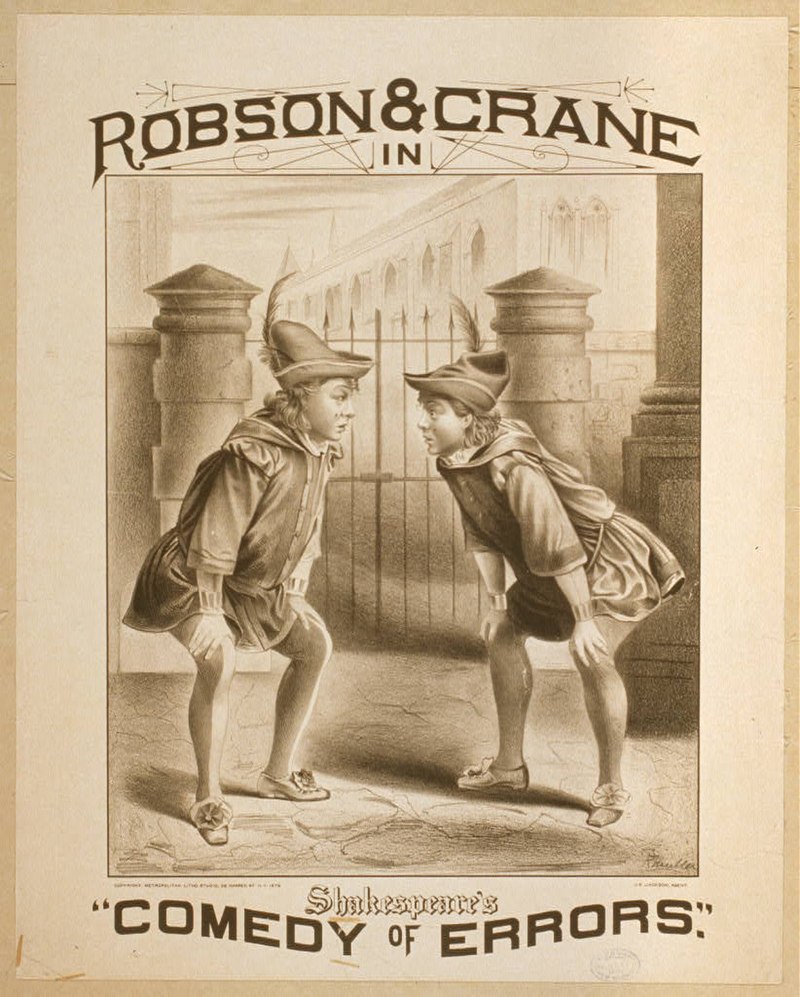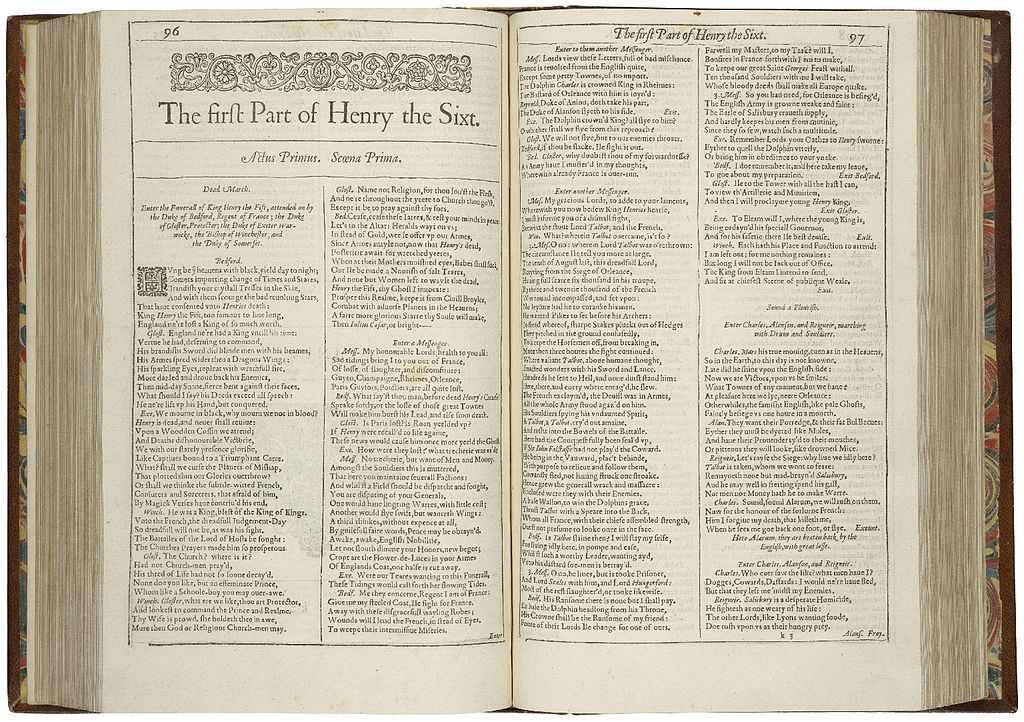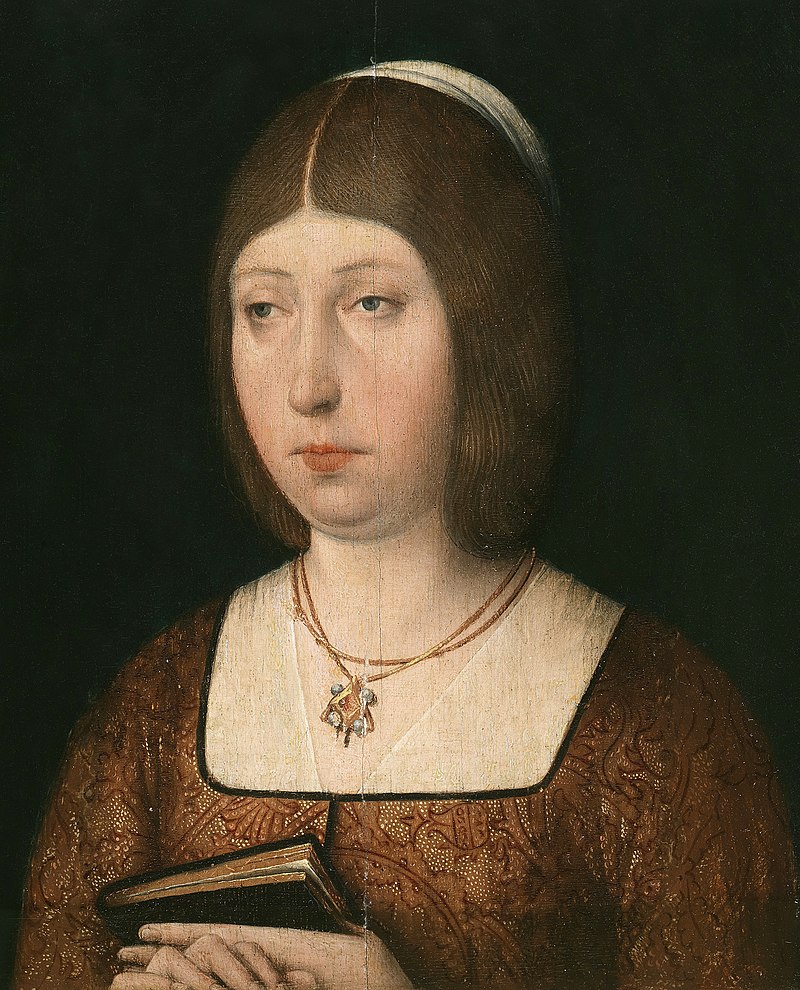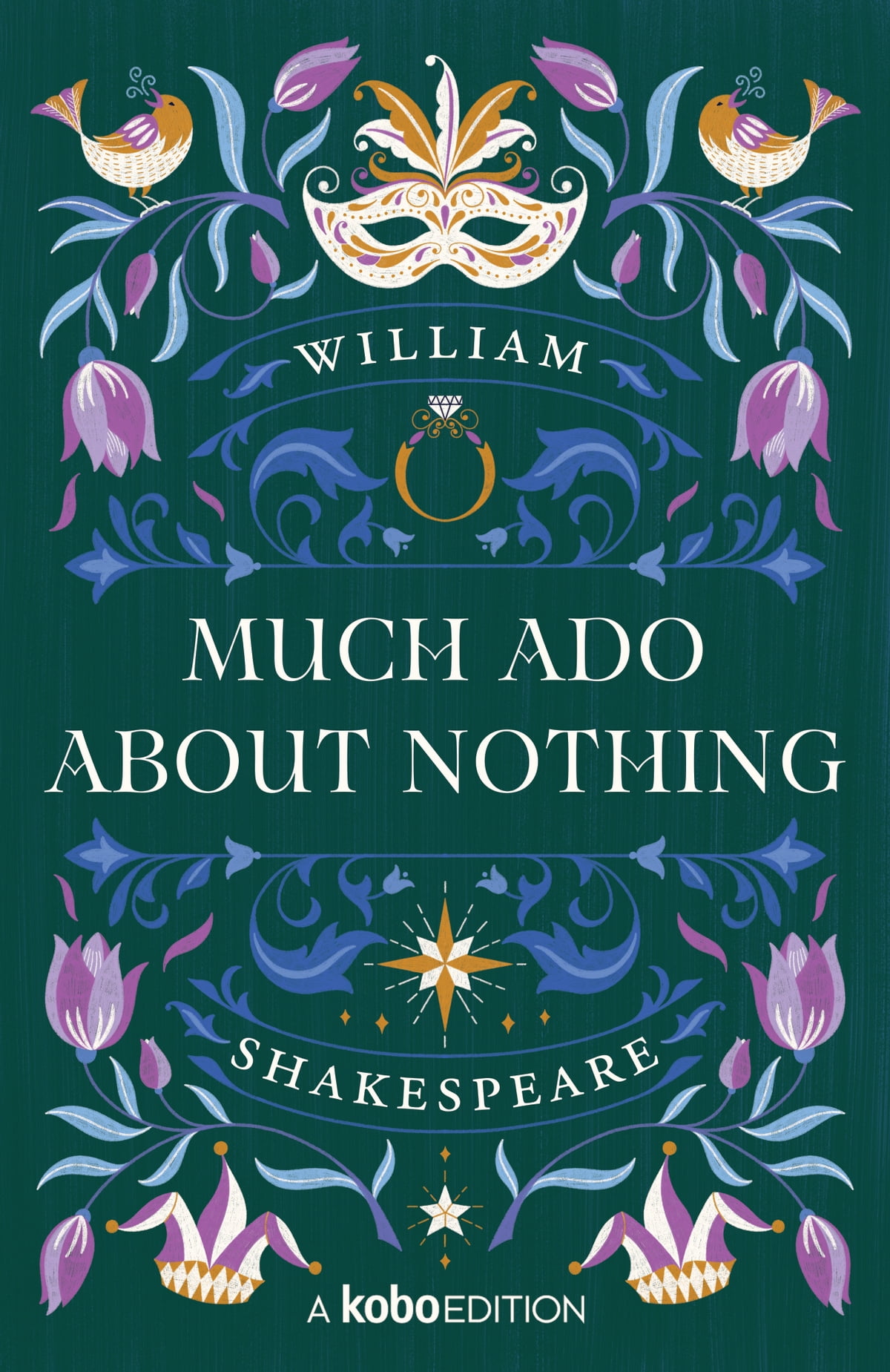Measure for Measure Quiz Questions
1. Who is the Duke of Vienna, the main character of the play?
(a) Angelo
(b) Claudio
(c) Escalus
(d) Vincentio
2. What is the crime that Claudio is accused of?
(a) Murder
(b) Treason
(c) Fornication
(d) Theft
3. Who is the stern deputy appointed by the Duke to rule Vienna in his absence?
(a) Escalus
(b) Angelo
(c) Lucio
(d) Pompey
4. Who is Isabella, the sister of Claudio?
(a) A nun
(b) A courtesan
(c) A widow
(d) A maid-servant
5. What is the condition that Angelo imposes on Isabella to save her brother’s life?
(a) She must marry him
(b) She must confess her sins
(c) She must sleep with him
(d) She must leave Vienna
6. Who is the disguised friar who helps Claudio and Isabella?
(a) Escalus
(b) Lucio
(c) Friar Lodowick
(d) Pompey
7. What is the name of the bawdy character who serves as a comic relief in the play?
(a) Pompey
(b) Escalus
(c) Lucio
(d) Angelo
8. What is the theme of “measure for measure” that the play explores?
(a) The dangers of unchecked power
(b) The importance of forgiveness
(c) The hypocrisy of religious institutions
(d) The corrupting influence of money
9. Who is the woman that Angelo is engaged to marry?
(a) Mariana
(b) Isabella
(c) Juliet
(d) Katherine
10. What is the primary reason for the Duke’s decision to leave Vienna in disguise?
(a) To escape his enemies
(b) To test the morality of his subjects
(c) To pursue a personal vendetta
(d) To find a new love
11. What is the Duke’s ultimate plan to expose Angelo’s hypocrisy?
(a) To have Angelo arrested
(b) To reveal his true identity
(c) To stage a fake execution
(d) To seduce Angelo’s wife
12. Who ultimately saves Claudio from execution?
(a) The Duke
(b) Angelo
(c) Isabella
(d) Escalus
13. What is the final fate of Angelo?
(a) He is exiled from Vienna
(b) He is executed
(c) He is pardoned by the Duke
(d) He is forced to marry Isabella
14. What is the significance of the play’s title, Measure for Measure?
(a) It refers to the Duke’s plan to measure the morality of his subjects
(b) It suggests the idea of retribution and justice
(c) It symbolizes the theme of love versus lust
(d) It represents the conflict between the individual and the state
15. Who is the character who serves as a foil to Angelo?
(a) Escalus
(b) Claudio
(c) Lucio
(d) The Duke
16. What is the theme of mercy and forgiveness explored in the play?
(a) The power of love to overcome hatred
(b) The importance of second chances
(c) The need for compassion in a harsh world
(d) All of the above
17. What is the significance of the play’s setting in Vienna?
(a) It represents a city in decline
(b) It symbolizes a place of moral corruption
(c) It is a neutral setting for the exploration of universal themes
(d) It reflects the historical context of the play
18. What is the role of the nunnery in the play?
(a) A place of refuge for Isabella
(b) A symbol of religious hypocrisy
(c) A place of moral corruption
(d) A place of political intrigue
19. What is the significance of the play’s ending?
(a) It is a happy ending with all the characters reconciled
(b) It is a bittersweet ending with some characters suffering
(c) It is an ambiguous ending with no clear resolution
(d) It is a tragic ending with many characters dying
20. What is the significance of the character of Pompey?
(a) He is a minor character with no significant role
(b) He is a symbol of the lower class
(c) He is a comic relief character
(d) He is a villainous character
21. What is the significance of the play’s exploration of the law?
(a) It criticizes the legal system for its harshness
(b) It celebrates the power of the law to maintain order
(c) It explores the limitations of the law in dealing with human morality
(d) All of the above
22. What is the significance of the play’s exploration of the theme of disguise?
(a) It is a device used to create dramatic irony
(b) It represents the idea of deception and hypocrisy
(c) It is a symbol of the play’s exploration of identity
(d) All of the above
23. What is the significance of the play’s exploration of the theme of justice?
(a) It argues that justice is always served
(b) It questions the nature of justice and its application
(c) It suggests that justice is only for the powerful
(d) It celebrates the triumph of justice over evil
24. What is the significance of the play’s exploration of the theme of power?
(a) It criticizes the abuse of power
(b) It celebrates the benefits of strong leadership
(c) It explores the corrupting influence of power
(d) All of the above
25. What is the significance of the play’s exploration of the theme of love?
(a) It celebrates the power of love to overcome obstacles
(b) It criticizes the destructive nature of love
(c) It explores the complexities of love and desire
(d) All of the above
Measure for Measure Quiz Questions with Answers
1. Who is the Duke of Vienna, the main character of the play?
(d) Vincentio
2. What is the crime that Claudio is accused of?
(c) Fornication
3. Who is the stern deputy appointed by the Duke to rule Vienna in his absence?
(b) Angelo
4. Who is Isabella, the sister of Claudio?
(a) A nun
5. What is the condition that Angelo imposes on Isabella to save her brother’s life?
(c) She must sleep with him
6. Who is the disguised friar who helps Claudio and Isabella?
(c) Friar Lodowick
7. What is the name of the bawdy character who serves as a comic relief in the play?
(c) Lucio
8. What is the theme of “measure for measure” that the play explores?
(a) The dangers of unchecked power
9. Who is the woman that Angelo is engaged to marry?
(a) Mariana
10. What is the primary reason for the Duke’s decision to leave Vienna in disguise?
(b) To test the morality of his subjects
11. What is the Duke’s ultimate plan to expose Angelo’s hypocrisy?
(c) To stage a fake execution
12. Who ultimately saves Claudio from execution?
(a) The Duke
13. What is the final fate of Angelo?
(c) He is pardoned by the Duke
14. What is the significance of the play’s title, Measure for Measure?
(b) It suggests the idea of retribution and justice
15. Who is the character who serves as a foil to Angelo?
(a) Escalus
16. What is the theme of mercy and forgiveness explored in the play?
(d) All of the above
17. What is the significance of the play’s setting in Vienna?
(c) It is a neutral setting for the exploration of universal themes
18. What is the role of the nunnery in the play?
(a) A place of refuge for Isabella
19. What is the significance of the play’s ending?
(a) It is a happy ending with all the characters reconciled
20. What is the significance of the character of Pompey?
(c) He is a comic relief character
21. What is the significance of the play’s exploration of the law?
(d) All of the above
22. What is the significance of the play’s exploration of the theme of disguise?
(d) All of the above
23. What is the significance of the play’s exploration of the theme of justice?
(b) It questions the nature of justice and its application
24. What is the significance of the play’s exploration of the theme of power?
(d) All of the above
25. What is the significance of the play’s exploration of the theme of love?
(c) It explores the complexities of love and desire


